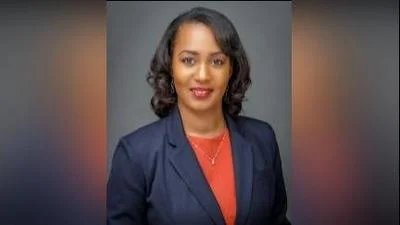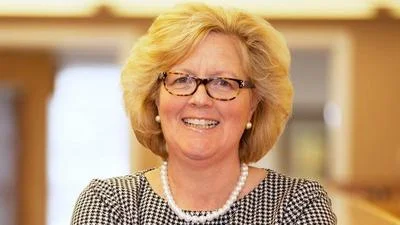A conservative government oversight group needs to make sure its figures are up to date before accusing the county of having illegal voter registration rolls, Jersey County Clerk Pam Warford said recently.
“They have outdated information,” Warford told the Metro East Sun. “We do not have more registered voters than we have people of voting age.”
Judicial Watch, which sent notice-of-violation letters to 11 states, used 2014 data when it alleged that counties have more registered voters than voting-age residents, Warford said.
She said voting numbers have increased recently, mainly because of the 2016 elections.
“Numbers are up a little bit now,” Warford said. “Lots of people registered to vote, which is great -- we just try to stay on top of changing data: who moved, etc. Voter registration is an ever-changing number.”
Nevertheless, the county will purge its voter rolls this year as part of its routine analysis, and cards will go out to each registered voter in a few months.
“Summertime will be when it will take place,” Warford said.
Besides Illinois, Judicial Watch accused Alabama, Florida, Georgia, Iowa, Kentucky, Maryland, New Jersey, New York, North Carolina and Tennessee of carrying illegal registration numbers.
“Dirty election rolls can mean dirty elections,” Judicial Watch President Tom Fitton said in a press statement. “These 11 states face possible Judicial Watch lawsuits, unless they follow the law and take reasonable steps to clean up their voting rolls.”
With lawsuits on the books in Indiana and Ohio, Judicial Watch aims to investigate voter registration situations in all of the states and counties; however, if Jersey County’s assertions are correct, some or many of these targeted counties might be able to offer legitimate reasons for the numbers on their books.
In comments on Wednesday, Judicial Watch member Robert Popper encouraged counties that have updated information to send it to Judicial Watch offices.
Popper said an upcoming study by the U.S. Election Assistance Commission will reveal whether counties still have excessive numbers of registered voters.






 Alerts Sign-up
Alerts Sign-up